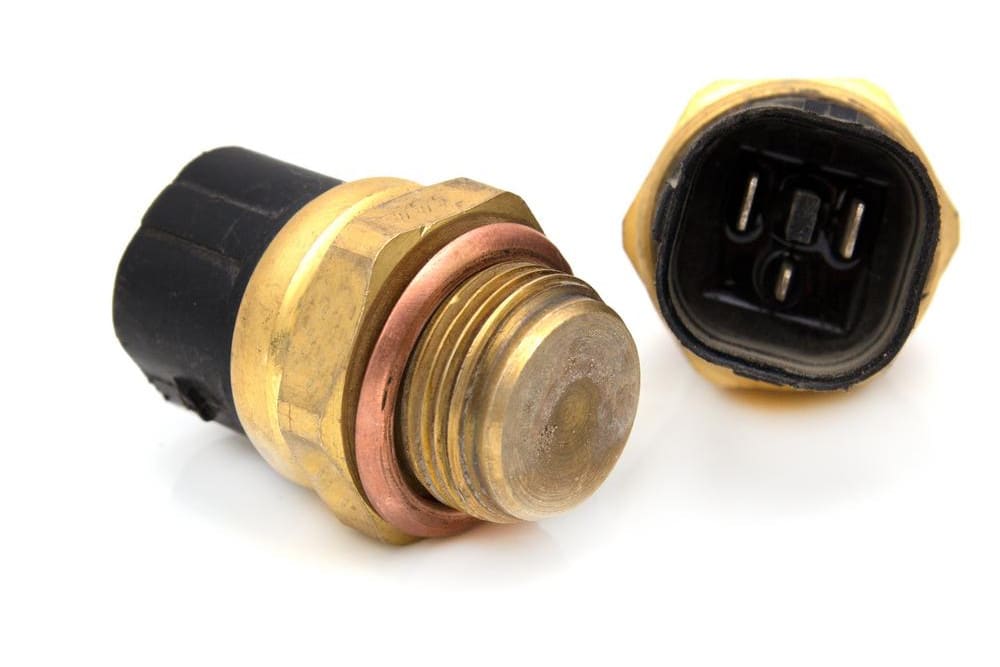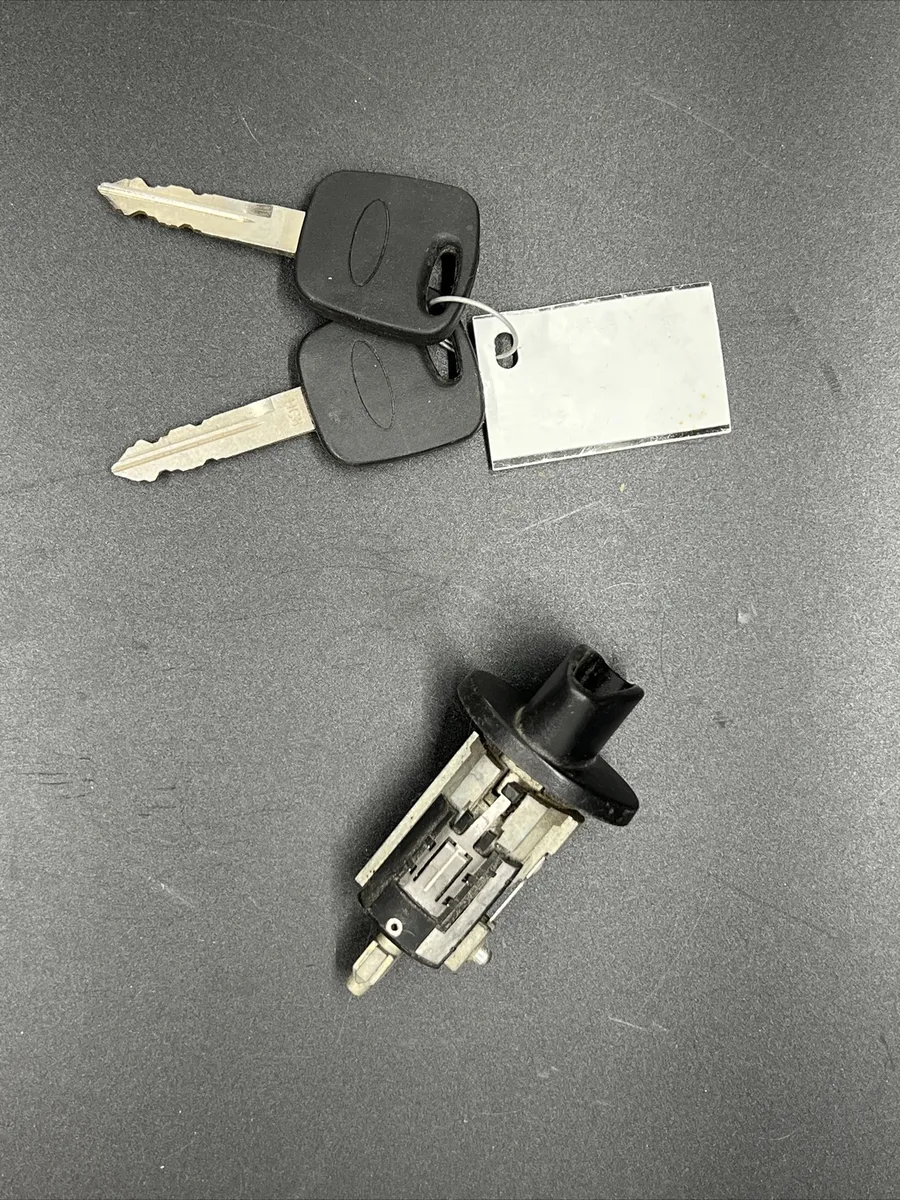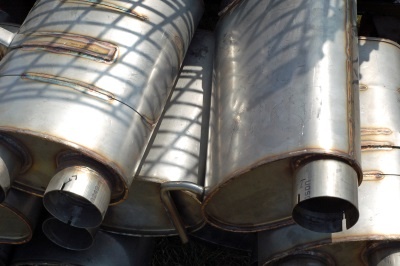Can a Knock Sensor Cause Transmission Problems
A faulty knock sensor can indirectly lead to transmission problems. It primarily affects engine performance, but can alter shift patterns.
Knock sensors play a crucial role in preserving the longevity and efficiency of your engine by detecting abnormal vibrations, commonly known as engine knock. They ensure that the engine operates within safe parameters, by prompting the engine control unit (ECU) to adjust the ignition timing when necessary.
Proper ignition timing is essential for optimal engine performance and fuel efficiency. While a knock sensor does not directly control the transmission, its malfunction can disrupt engine behavior, which in turn can influence transmission shift timing and quality. This domino effect can create an additional strain on the transmission system, potentially leading to irregular shifts and even premature wear. It’s important for vehicle owners to be aware of this possible connection and address any knock sensor issues promptly to avoid cascading effects on the transmission.

Credit: m.youtube.com
Introduction To Knock Sensors And Transmission Systems
Welcome to the world of automotive intricacies where each component plays a pivotal role in your vehicle’s performance. Understanding knock sensors and transmission systems is vital for diagnosing issues that may arise. Let’s dive into how these seemingly separate parts may influence each other and potentially impact your car’s health.
Role Of The Knock Sensor In Engine Management
The knock sensor serves as your engine’s ear, finely tuned to detect improper combustion, known as engine knock. This small but mighty device sends critical data to the car’s computer.
- Detects engine knock: Listens for the telltale pings or knocks.
- Prevents damage: Alerts the computer to adjust the engine’s timing.
- Optimizes performance: Ensures smooth power delivery and efficiency.
Knock sensors are integral to protecting engines from damage, maintaining your vehicle’s long-term reliability.
Transmission System Basics: How It Works With The Engine
The transmission system is the bridge between your engine and wheels. It ensures that the right amount of power reaches your wheels at the right time.
| Function | Description |
|---|---|
| Transfers power | Moves engine power to the drivetrain. |
| Adjusts speed | Changes gears to match driving demands. |
| Maintains efficiency | Keeps engine in its optimal power range. |
A well-functioning transmission is essential for a smooth and responsive driving experience.
Symptoms Of Knock Sensor Failure
Understanding the signs of knock sensor failure is crucial for maintaining your vehicle’s health. A faulty knock sensor may lead to engine and transmission issues if left unchecked. Let’s explore the symptoms to watch out for and the potential impact on engine performance.
Common Indicators Of A Malfunctioning Knock Sensor
- Check Engine Light: One of the earliest signs of a problem.
- Poor Fuel Economy: The engine may consume more fuel than usual.
- Engine Misfires: You might notice a rough idle or stalling.
- Noise: A knocking or pinging sound from the engine is a clear indicator.
How Sensor Issues May Affect Engine Performance
The knock sensor plays a vital role in your car. It ensures the engine works smoothly. When it fails, the engine can face several problems.
| Issue | Effect on Engine |
|---|---|
| Incorrect Fuel Mixture | Can lead to engine knocking and reduced power. |
| Timing Issues | Affects the ignition timing, which may cause misfires. |
| Higher Emission Levels | Can result in the release of harmful pollutants. |
Interconnections Between The Knock Sensor And Transmission
The knock sensor, a crucial component in modern vehicles, plays a vital role in engine health and efficiency. It might be a surprise that its functionality could have a ripple effect on the transmission system. This intricate relationship deserves a closer look to understand how the knock sensor’s performance can influence transmission operation.
How Engine Performance Influences Transmission Behavior
Engine performance and transmission dynamics are tightly linked. The transmission relies on the engine running smoothly for precise gear shifts. A well-maintained engine ensures consistent power delivery, which is critical for optimized transmission function.
- Consistent power output: keeps the transmission shifts smooth.
- Proper torque: allows the transmission to engage gears efficiently.
- Stable engine rpm: prevents erratic transmission responses.
The Impact Of Engine Knock On Gear Shifting
Engine knock can cause a chain reaction affecting gear shifting. Engine knock occurs when fuel burns unevenly, producing shock waves that disrupt the engine’s rhythm. This anomaly can trick the transmission control module into thinking there’s a need for a shift, leading to untimely gear changes.
- Shock waves: lead to inaccurate transmission signals.
- Misfires: trigger unplanned shifts, affecting ride smoothness.
Understanding these components’ interplay is crucial for maintaining vehicle performance and longevity. A functioning knock sensor preserves the harmony between engine and transmission, ensuring a smooth driving experience.
Case Studies: Transmission Problems Linked To Knock Sensors
Heavy traffic demands smooth gear shifts. Cars need good knock sensors. Today’s focus: Case Studies: Transmission Problems Linked to Knock Sensors. Discover tales of automotive woes and expert wisdom. A failing knock sensor creates more than a rough ride. It may disrupt transmission too. Let’s explore this mechanized mystery through real-life cases and professional verdicts.
Real-world Scenarios Where Knock Sensors Caused Transmission Issues
- Case #1: The Sluggish Sedan – A 2010 sedan stalled in traffic. Mechanics found a faulty knock sensor. Sensor replacement fixed the gear jam.
- Case #2: The Shaky SUV – A 2013 SUV had rough shifts. Knock sensor codes flashed in diagnostics. A new sensor smoothed the shifting process.
- Case #3: The Juddering Jeep – A 2015 jeep suffered delayed shifting. The culprit? A degraded knock sensor causing mistimed shifts.
Expert Analyses On Knock Sensors Affecting Transmission Health
Knock sensors signal your car’s computer. They help adjust engine timing. Correct timing impacts gear changes. Technicians warn, a misfiring sensor disrupts this timing. This can lead to several transmission issues:
| Issue | Common Symptoms | Potential Solution |
|---|---|---|
| Delay in Shifting | Slow or hesitant gear change. | Inspect and replace the knock sensor. |
| Transmission Slipping | Engine revs without moving faster. | Check sensor signals and connections. |
| Jerky or Rough Shifts | Sudden gear change feeling. | Ensure knock sensor is functioning properly. |
Experts underline that sensors must work well for seamless driving. A troubled knock sensor may send faulty signals. This confuses the transmission system. In turn, it fails to shift gears on cue. Frequent inspections can prevent such mishaps.
Troubleshooting And Solutions
Knock sensors play a crucial role in your engine’s performance. Transmission glitches often start with engine issues. Knowing how to troubleshoot and solve these can save you time, money, and headaches.
Diagnostic Steps To Determine Knock Sensor-related Transmission Problems
When your car starts acting up, it’s smart to check if the knock sensor is the culprit. A faulty knock sensor can mess up engine timings and cause transmission woes. Let’s dig into the diagnostic steps:
- Scan for Trouble Codes: Use an OBD-II scanner to find any codes that may indicate a knock sensor problem.
- Visual Inspection: Check the knock sensor for damage, corrosion, or loose connections.
- Performance Check: Monitor your engine performance. A failing sensor can lead to poor acceleration and rough shifting.
- Back-Probe the Sensor: Use a multimeter to verify the knock sensor’s voltage and operation.
Effective Repairs And Preventative Measures
After diagnosing, it’s clear whether the sensor affects the transmission. Here are effective repairs and preventative tips:
- Replace the Knock Sensor: If faulty, installing a new one ensures proper engine function and transmission behavior.
- Tighten Connections: Ensure all sensor connectors are secure for reliable performance.
- Regular Maintenance: Keep up with vehicle servicing to avoid future sensor issues.
- Quality Fuel: Use good fuel to minimize engine knock and reduce sensor strain.
- Update Software: Sometimes an ECU update is necessary to improve sensor-transmission communication.

Credit: www.yourmechanic.com

Credit: m.youtube.com
Frequently Asked Questions Of Can A Knock Sensor Cause Transmission Problems
Can Knock Sensors Affect Transmission Operation?
Knock sensors primarily monitor engine detonation, not directly affecting transmission performance. However, a faulty knock sensor can alter engine timing. This, in turn, can cause rough shifting or other transmission issues due to inconsistent engine power output.
What Are Symptoms Of A Bad Knock Sensor?
Symptoms include engine pinging sounds, reduced fuel economy, and check engine lights. You might also notice poor acceleration and engine misfiring. In extreme cases, there can be a loss of power that affects the transmission.
How Does A Knock Sensor Impact Fuel Efficiency?
A malfunctioning knock sensor can result in suboptimal engine timing and fuel mixture. This leads to decreased combustion efficiency. Consequently, your vehicle consumes more fuel than necessary for normal operation.
Will A Knock Sensor Issue Trigger The Check Engine Light?
Yes, a faulty knock sensor will often trigger the check engine light. The vehicle’s computer detects the sensor’s failure to regulate engine knock effectively. It then alerts the driver through the warning light.
Conclusion
To sum up, a faulty knock sensor can indirectly influence your transmission’s performance. It leads to engine misfires and compromised efficiency, which strain the transmission. Regular checks and early sensor replacements could save you from potential transmission issues. Stay vigilant for the signs and maintain your ride.




